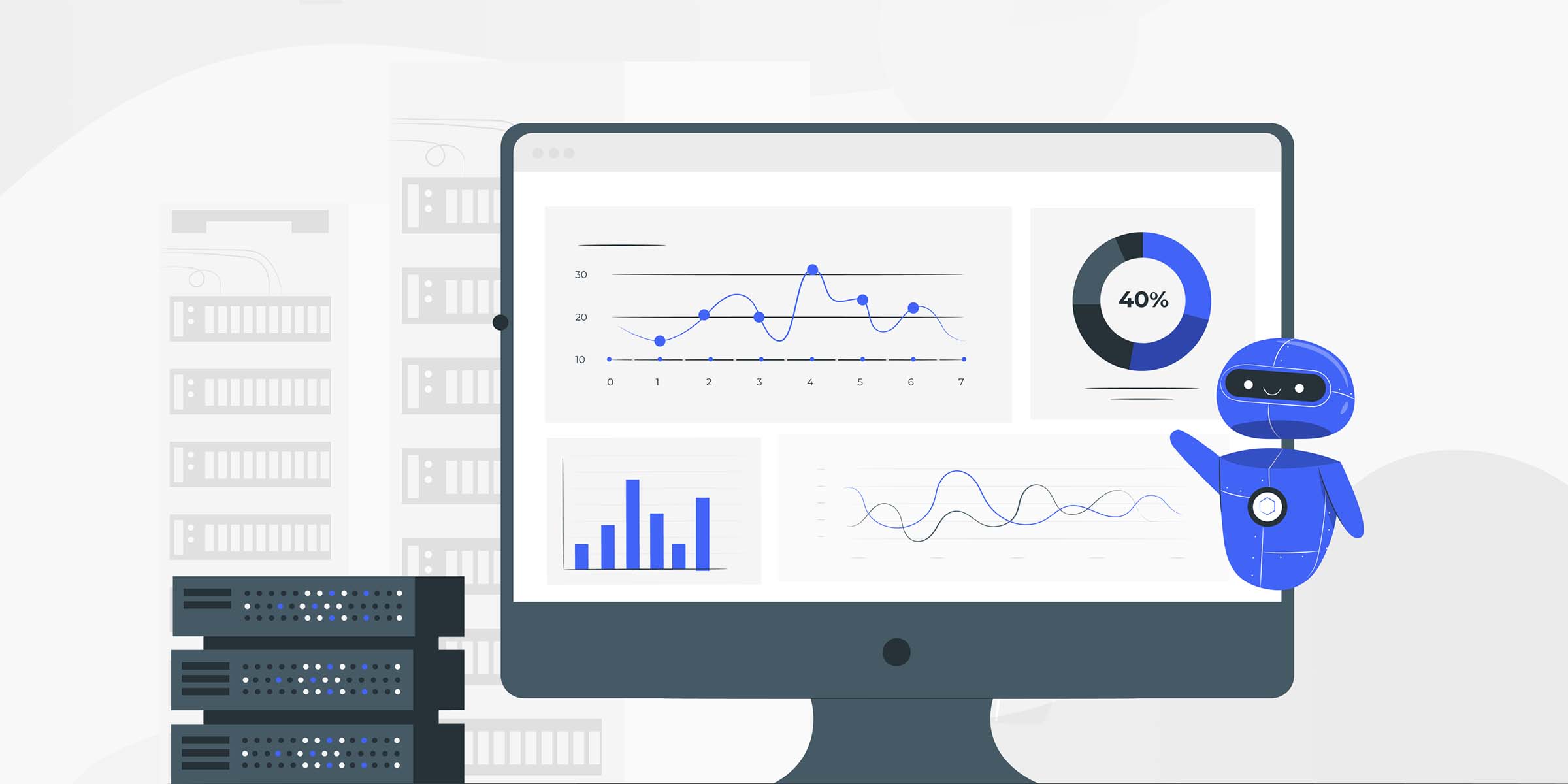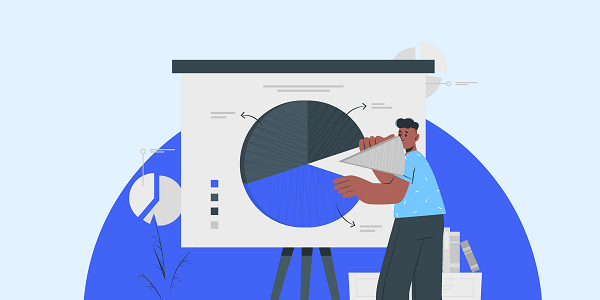Residential Proxies
Allowlisted 200M+ IPs from real ISP. Managed/obtained proxies via dashboard.

Proxies
Residential Proxies
Allowlisted 200M+ IPs from real ISP. Managed/obtained proxies via dashboard.
Residential (Socks5) Proxies
Over 200 million real IPs in 190+ locations,
Unlimited Residential Proxies
Use stable, fast, and furious 700K+ datacenter IPs worldwide.
Static Residential proxies
Long-lasting dedicated proxy, non-rotating residential proxy
Dedicated Datacenter Proxies
Use stable, fast, and furious 700K+ datacenter IPs worldwide.

Web Unblocker
View content as a real user with the help of ABC proxy's dynamic fingerprinting technology.
Proxies
API
Proxy list is generated through an API link and applied to compatible programs after whitelist IP authorization
User+Pass Auth
Create credential freely and use rotating proxies on any device or software without allowlisting IP
Proxy Manager
Manage all proxies using APM interface

Proxies
Residential Proxies
Allowlisted 200M+ IPs from real ISP. Managed/obtained proxies via dashboard.
Starts from
$0.77/ GB
Residential (Socks5) Proxies
Over 200 million real IPs in 190+ locations,
Starts from
$0.045/ IP
Unlimited Residential Proxies
Use stable, fast, and furious 700K+ datacenter IPs worldwide.
Starts from
$79/ Day
Rotating ISP Proxies
ABCProxy's Rotating ISP Proxies guarantee long session time.
Starts from
$0.77/ GB
Static Residential proxies
Long-lasting dedicated proxy, non-rotating residential proxy
Starts from
$5/MONTH
Dedicated Datacenter Proxies
Use stable, fast, and furious 700K+ datacenter IPs worldwide.
Starts from
$4.5/MONTH
Knowledge Base
English
繁體中文
Русский
Indonesia
Português
Español
بالعربية

Scraping data from Google Hotels can provide valuable insights for travelers, businesses, and researchers. However, it's essential to do it in a legal and ethical manner. In this guide, we will explore how to scrape Google Hotels effectively and responsibly.
Web scraping is the process of extracting data from websites. It involves using automated tools to gather information from web pages and save it in a structured format for analysis. While web scraping can offer many benefits, it's crucial to respect the website's terms of service and avoid any illegal activities.
Before scraping data from Google Hotels or any other website, it's important to review the site's robots.txt file. This file provides guidelines on what data can be scraped and under what conditions. Additionally, be aware of any copyright or intellectual property rights associated with the data you are extracting.
There are various tools available for web scraping, ranging from simple browser extensions to more advanced programming libraries. Popular tools for scraping Google Hotels include Scrapy, BeautifulSoup, and Selenium. These tools allow you to automate the data extraction process and save time and effort.
When scraping data from Google Hotels, it's essential to focus on specific information that is relevant to your needs. This could include hotel prices, reviews, ratings, and amenities. By defining your scraping parameters clearly, you can ensure that you retrieve the most valuable data for your analysis.
1. **Respect Robots.txt**: Always check the website's robots.txt file to understand what data you can scrape.
2. **Use Proxies**: To avoid being blocked by Google Hotels, consider using proxies to mask your IP address.
3. **Limit Requests**: Avoid making too many requests in a short period, as this can trigger anti-scraping mechanisms.
4. **Monitor Changes**: Websites frequently update their structure, so regularly monitor and adjust your scraping methods accordingly.
5. **Data Storage**: Ensure that you comply with data protection regulations and store the scraped data securely.
While scraping data can offer valuable insights, it's essential to use the information ethically and legally. Avoid using scraped data for malicious purposes or in a way that violates the website's terms of service. Always attribute the data to its original source and respect any restrictions on its use.
Scraping data from Google Hotels can be a powerful tool for gathering information and conducting research. By following legal guidelines, using appropriate tools, and practicing ethical data use, you can leverage web scraping to extract valuable insights. Remember to always prioritize transparency, respect for data privacy, and ethical considerations in your web scraping activities.
Featured Posts
Popular Products
Residential Proxies
Allowlisted 200M+ IPs from real ISP. Managed/obtained proxies via dashboard.
Residential (Socks5) Proxies
Over 200 million real IPs in 190+ locations,
Unlimited Residential Proxies
Use stable, fast, and furious 700K+ datacenter IPs worldwide.
Rotating ISP Proxies
ABCProxy's Rotating ISP Proxies guarantee long session time.
Residential (Socks5) Proxies
Long-lasting dedicated proxy, non-rotating residential proxy
Dedicated Datacenter Proxies
Use stable, fast, and furious 700K+ datacenter IPs worldwide.
Web Unblocker
View content as a real user with the help of ABC proxy's dynamic fingerprinting technology.
Related articles

How to choose an efficient data collection library
Analyze the technical characteristics and applicable scenarios of mainstream data collection libraries, explore how proxy IP can optimize the collection process, and interpret abcproxy's technical adaptation solutions in multiple scenarios.